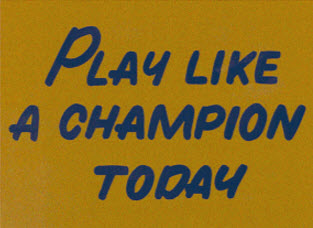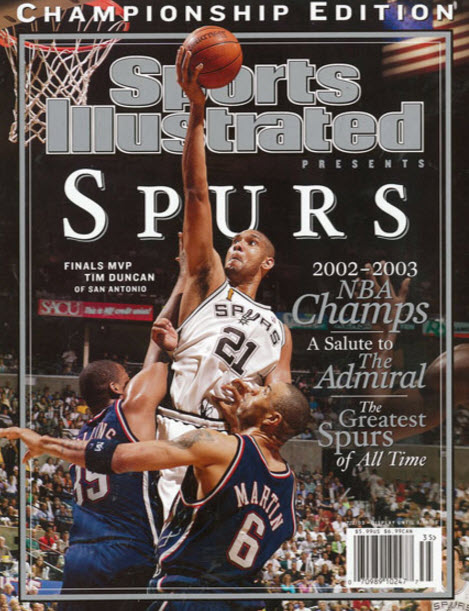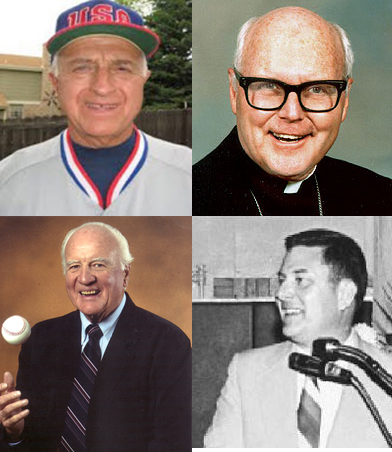“Play Like A Champion Today” Program Builds Character

I recently gave a keynote presentation at the University of Notre Dame’s “Play Like A Champion Today” annual conference. This program is exactly what athletics needs today as its mission is to utilize athletics to foster character.
 The Play Like A Champion Today program states the following on its website:
The Play Like A Champion Today program states the following on its website:
“In 2006 F. Clark Power, a Notre Dame professor of Psychology and Education, founded Play Like A Champion Today. He was concerned about what he felt was a crisis in youth sport, including win-at-all-costs mentality, misguided pressure on young athletes, cheating and bullying, and ‘sports rage,’ to name a few.”
Power and Kristin Sheehan, director of the program, worked with Notre Dame faculty, coaches, and administrators to develop a “character-focused curricula” that they shared at coach and parent workshops around the country. To date, they have educated 75,000 coaches and parents, who have worked with more than a million young people.
I believe this program emphasizes what sport should be all about – teaching character.
Mike Ditka once said about the 1985 Bears that they did have a lot of characters, but then followed that by saying they also had a lot of character. At the University of St. Francis, alum Bill Bellah enabled us to have a fundraising golf outing at the prestigious Rich Harvest Golf Course for our athletic program. Bill then invited and brought a number of the ‘85 Bears to the outing.
The very first impression that all of us at St. Francis had of these Bears was the quality of men they were. Obviously, they were outstanding athletes but it was their character that stood out. To a man, they were genuine, cordial, articulate, and humble. Despite all their accomplishments and accolades, they could not have been more accommodating.
After the outing, you realized how fortunate Mike Ditka was. He was privileged to coach a superb group of athletes who had character and when you get that combination, you can produce great teams.
We have a man in Joliet who started on those Bears teams, Tom Thayer. Tom is a graduate of Joliet Catholic High School and Notre Dame and he is definitely a man of character who never has forgotten where he came from. He has helped numerous organizations in Joliet in their endeavors to help our community. I know he would be very proud of his alma mater for sponsoring a program that emphasizes the integration of sport and character.
What Notre Dame is doing for young athletes with this program will help them for the rest of their lives. I know in our basketball program at the University of St. Francis we made a conscious effort to recruit young men of character. Most seasons have rough spots where you lose games and I always believed that players of character stay with you during those down times, but players without character go south. Therefore, if an athlete has the ability to get an athletic scholarship, his character will definitely play a factor in the offer.
After college, the athlete will enter the work-force. There are a lot of companies that utilize the concept of hiring character, then teaching skills. Skills can be taught but character has to be acquired.
Congratulations to Clark, Kristin, and Notre Dame for teaching young athletes the importance of character and values in their lives’ journeys.



 everyone’s top 10.
everyone’s top 10.
